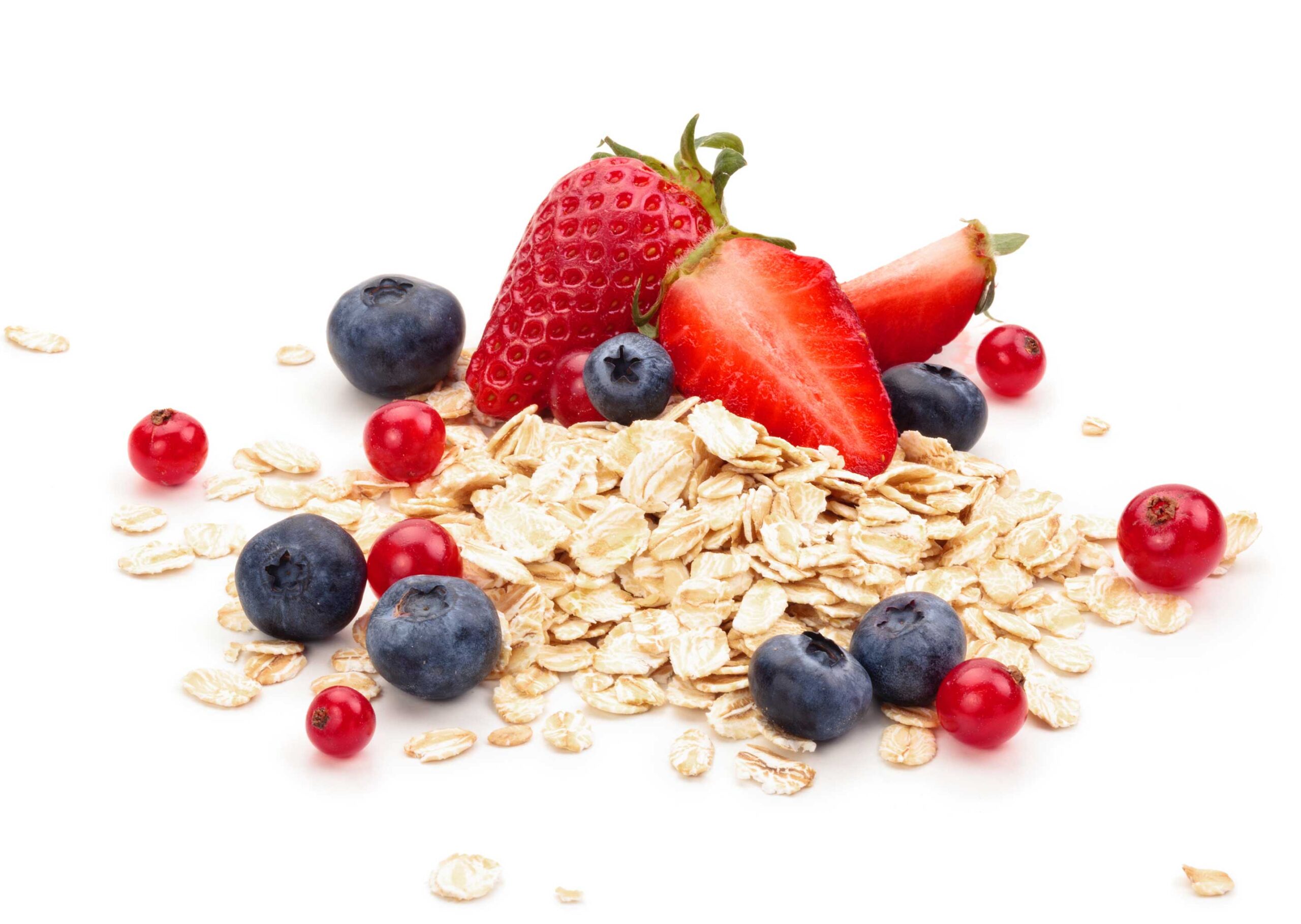Hands up if this sounds familiar: you start a weight-loss plan and for the first few weeks the kilos practically drop off.
But then one day a few months or so in, the scale stalls. You wonder if it’s broken. Because no matter what you do, it won’t budge. You’re still religiously sticking to your exercise and eating plan – the one that helped you get such good results in the first place – but now it’s not having any impact.
Welcome to planet plateau, where your body gets comfortable with a certain weight and can refuse to lose any more.
“The human body is quite smart and adaptable when it comes to shedding weight,” explains nutritionist Lisa Ashley.
“During the first few weeks, a rapid drop is normal, partly because you’ve made quite major changes such as limiting portions, cutting out certain foods and beverages and exercising more.”
But this effect is temporary and as you lose weight, you’ll also lose muscle which helps to keep up the rate at which you burn calories (your metabolism).
“As you lose weight, your metabolism declines, causing you to burn fewer calories than you did at your heavier weight,” says Lisa. “This slower metabolism will slow your weight loss, even if you eat the same number of calories
that helped you lose weight.”
In other words, when the calories you burn equal the calories you eat, you reach a plateau. So what can you do? Turnover for expert strategies on how you can break out of a weight-loss plateau.

The Personal Trainer
PT/health coach Arna Scott started her own business a year ago mainly because she wanted to re-frame the way people (especially women) see weight loss.
“For me, fitness isn’t about being skinny or looking good on Instagram, it’s about focusing on benefits such as increased energy levels, better mental health and sleep, improved relationships and learning to really enjoy exercise,” says Arna. “That’s the key to getting better results all round.”
The former representative hockey player says there are two main reasons clients experience weight-loss plateaus.
The first is the body becomes usedto stress.
“When we exercise, we’re basically stressing our body and over time, our bodies are able to handle what they’re being asked to do, so they adjust to the level of pressure being placed on them.”
The second reason is over-training: “When people first start training they often get excited by how much weight they’re losing. So they really throw themselves into it, hoping more activity will lead to even better results”.
But this can, in fact, be counter-productive: “If your muscles don’t have time to rest and repair, they can be prone to injury, which means you might not be able to exercise for a while and could end up back at square one. But also as you get fitter, the weight-loss process can slow, which is normal”.
A good way to push through a plateau is by varying your workouts.
“You have to add variety so that your body is challenged in new ways.”
This can include trying different activities – ie if you usually run 5km three times a week, why not swap one or two of those runs for weight training or high-intensity interval training sessions? Or instead of doing full push-ups on the floor, progress to barbell bench presses.
“Your body has adjusted to your regular exercise routine and is now quite complacent and probably also a little bit bored with it. You need to shake it out of these routines and teach it something new,” says Arna.
You could also try increasing the intensity of your workout.
“For example, do some hills or sprints where you sprint 500m and then rest for a minute. Or do 10-15 minutes of core exercise at the end of your cardio workout, which will give you more from your regular workout.”
The same applies to weight training, where Arna advises making changes to your current workout programme.
“This could be done by changing your reps, sets, weight and the type of exercise you’re doing, as well as your intensity and the length of your workout.”
Finding a training partner can also help get over the hump, by motivating you, says Arna.
“Everyone has a competitive side so if you exercise with someone you’ll usually find you up your game.”
One way to deal with over-training is to introduce ‘active rest days’, that allow those who still want to exercise on their rest days to do something low key that allows their muscles to heal, such as yoga, Pilates or a long walk.
And don’t forget the importance of staying positive.
“A plateau can be frustrating, but if you take small steps to change your exercise routine, you’ll get there.”

The Nutritionist
Managing a plateau is all about finding another approach, explains Lisa.
“You either need to decrease the calories you consume or increase your physical activity,” she says. “Using the same approach that worked initially may maintain your weight loss, but it won’t lead to more weight loss.”
A key step is to re-calculate your daily calorific target, says Lisa.
“Because your metabolism slows down when you lose weight, if you don’t adjust your calories accordingly, then you can hit a plateau.”
To keep your weight-loss journey on track, you’ll need to work out your energy needs and eat foods rich in fibre and lean protein that make you feel fuller for longer, even when you’re cutting calories.

Many plateaus are caused by what’s known as ‘calorie creep’ – ie eating more calories than you think you are. This, combined with that pesky slowing metabolism, is a guaranteed formula for stagnation.
“Calories can creep in from places such as mindless snacking, eating out − restaurants can load calories into meals with butter, oil and sauces − and drinking alcohol,” says Lisa.
“It’s important to know what’s going into your body so keeping a food journal can work for some people.” Re-evaluating your goals can also help.
“Focusing on the health-related benefits of losing weight can help push you past a plateau, because this shifts the focus away from the numbers on the scale and instead on benefits such as improved health and fitness, better mental heath and sleep and a better overall lifestyle. When you celebrate these achievements during a plateau, you’re more likely to stay motivated and carry on with your journey.”


